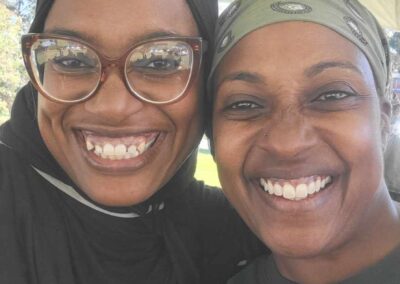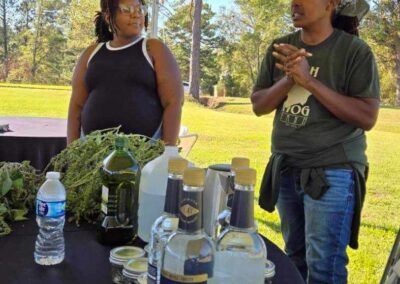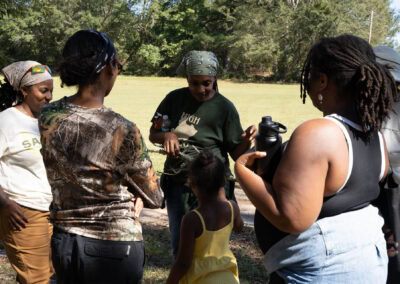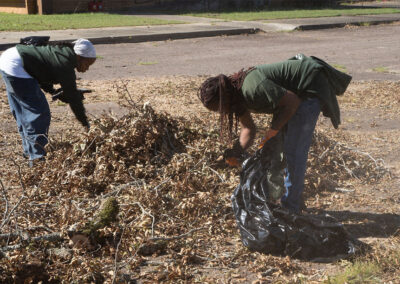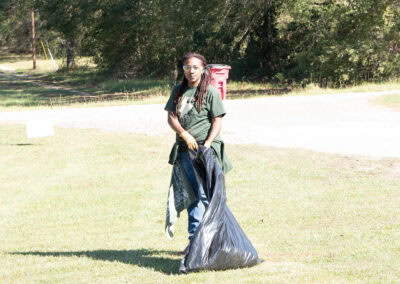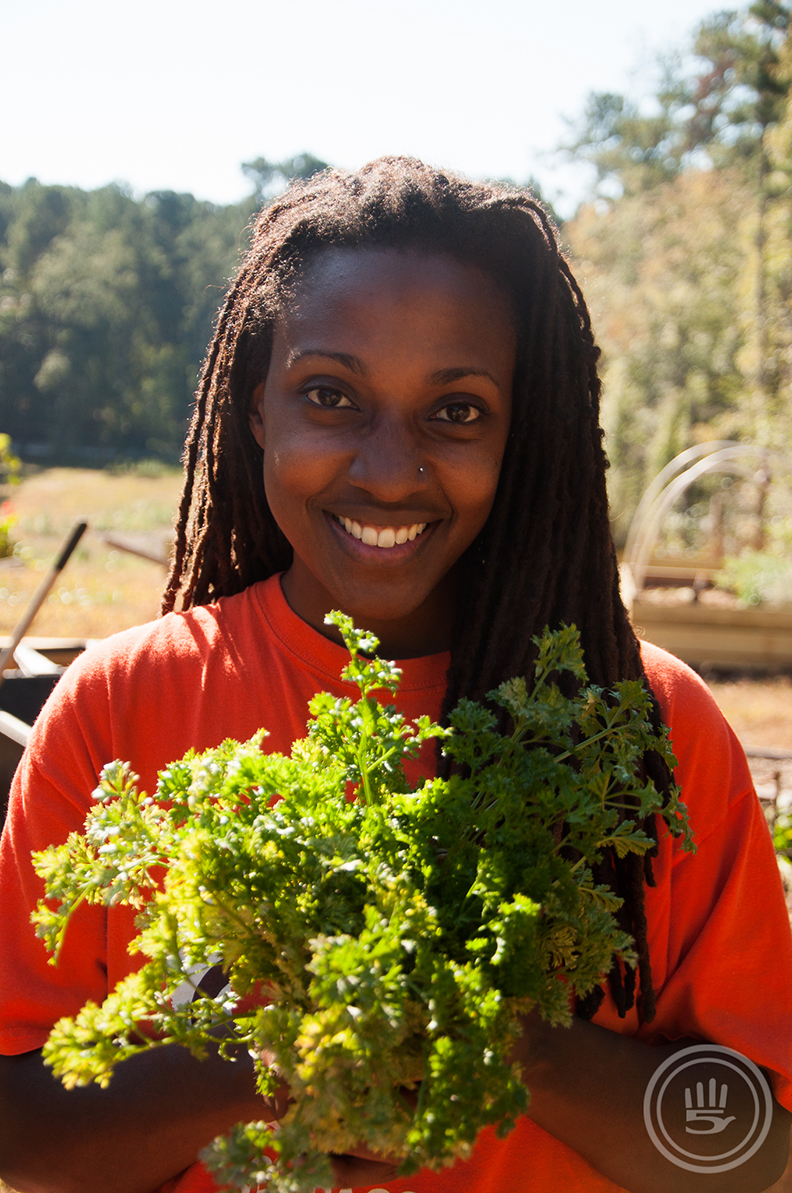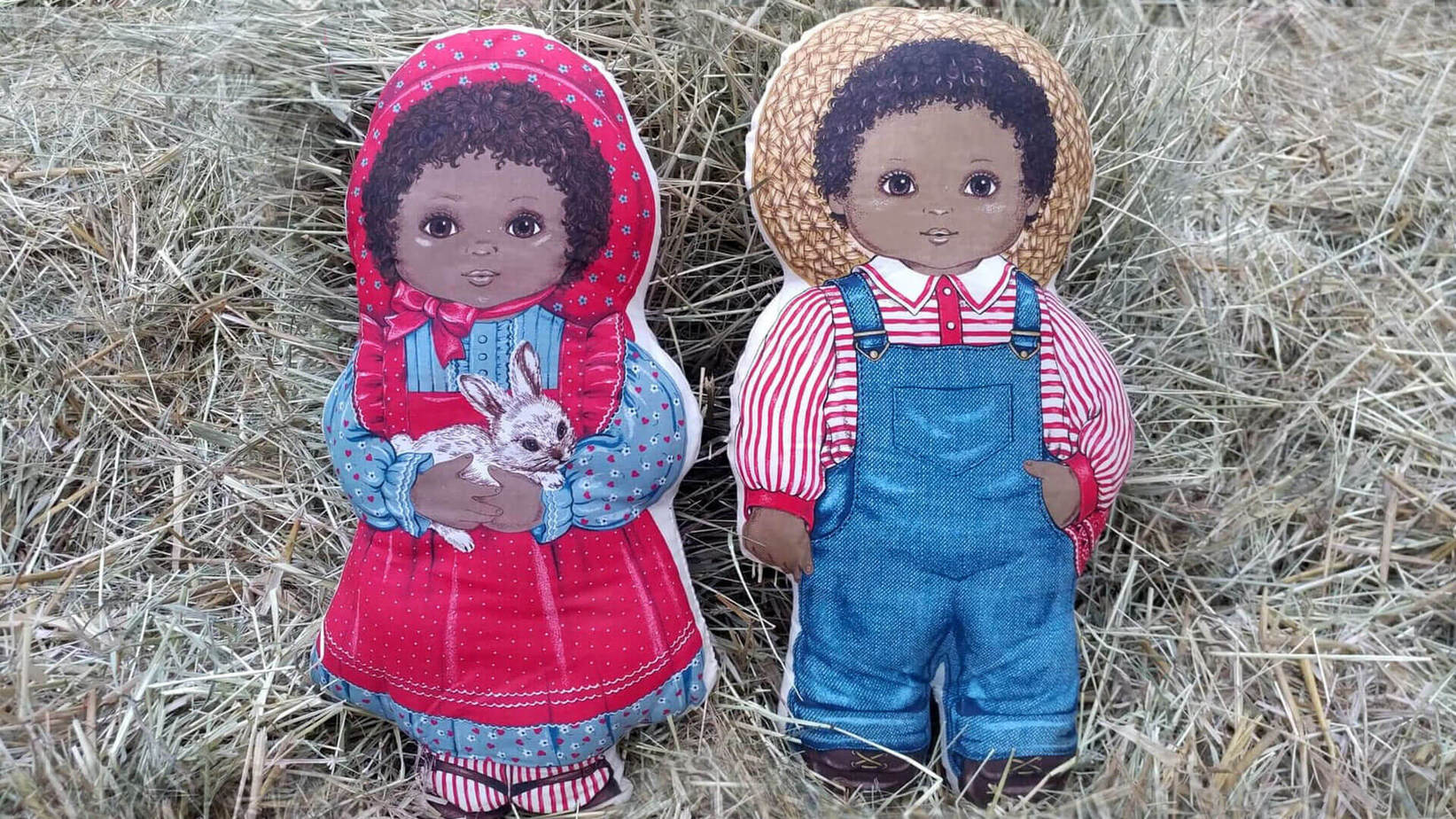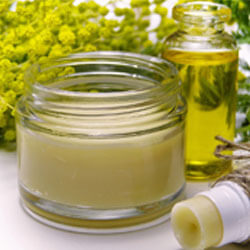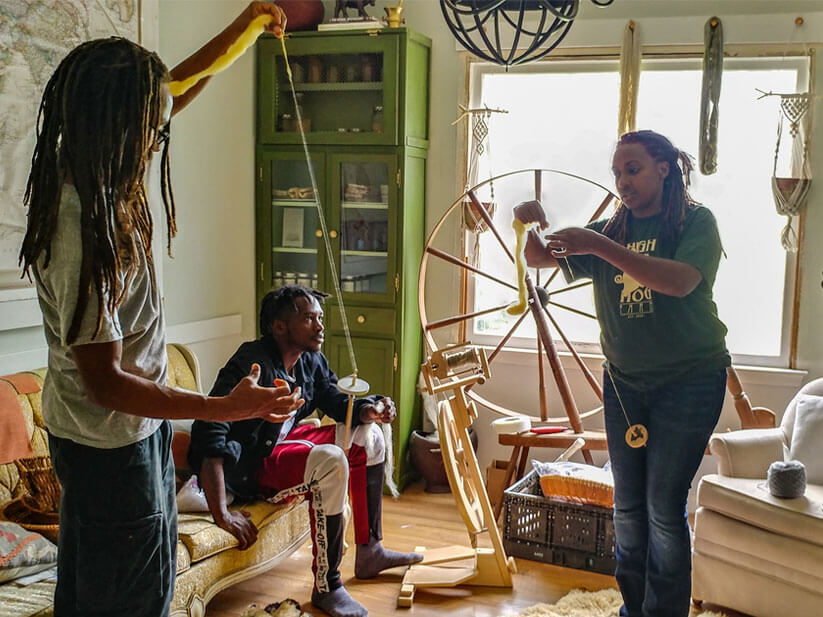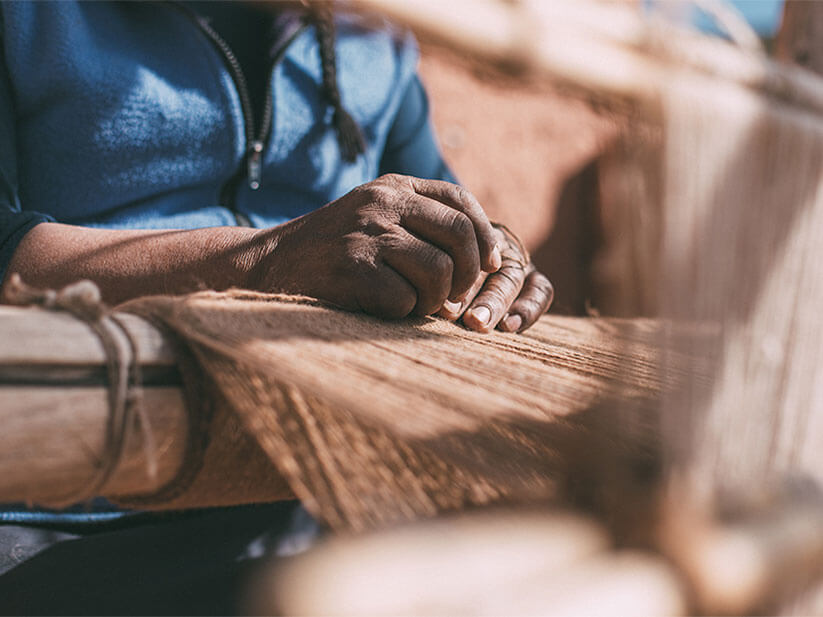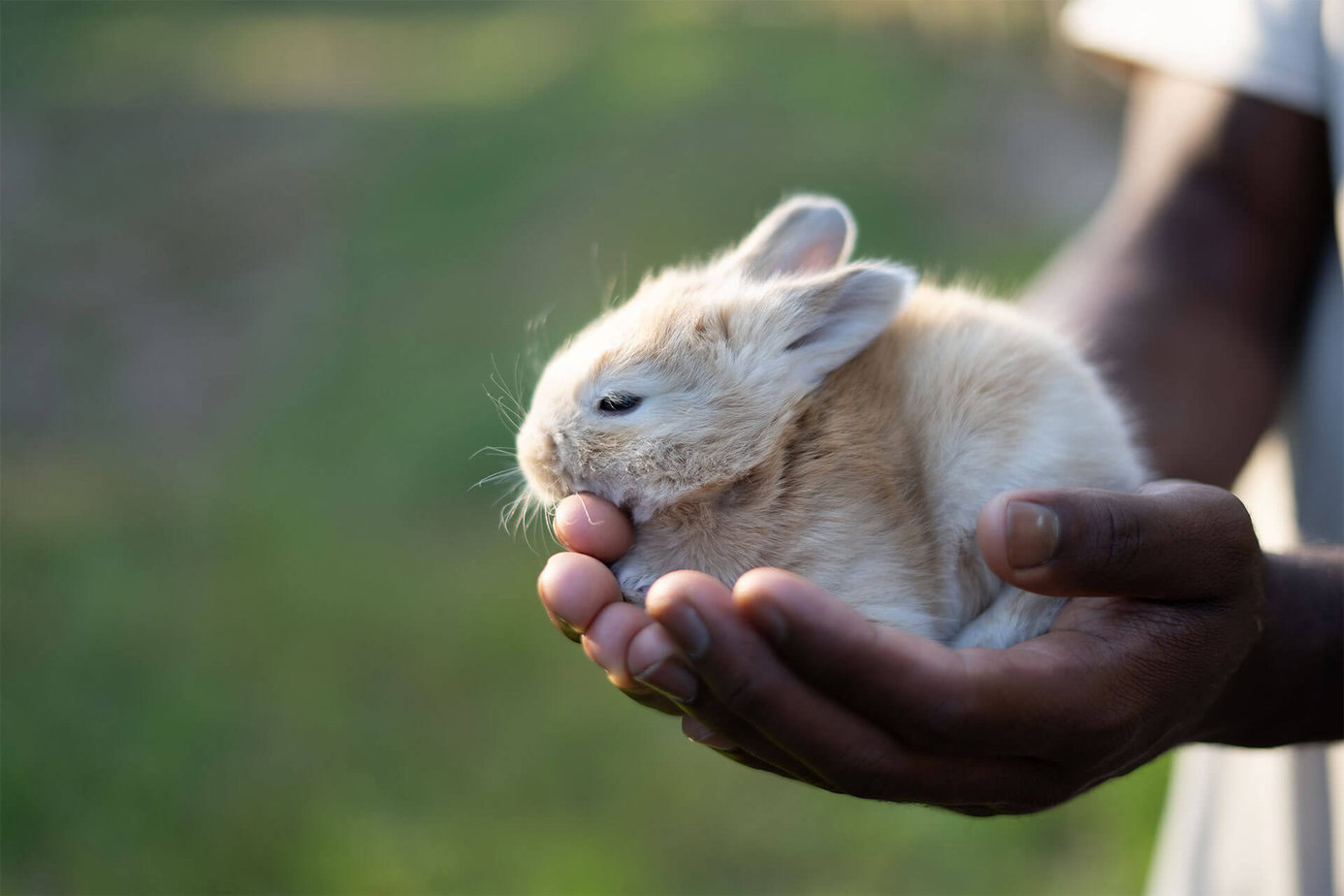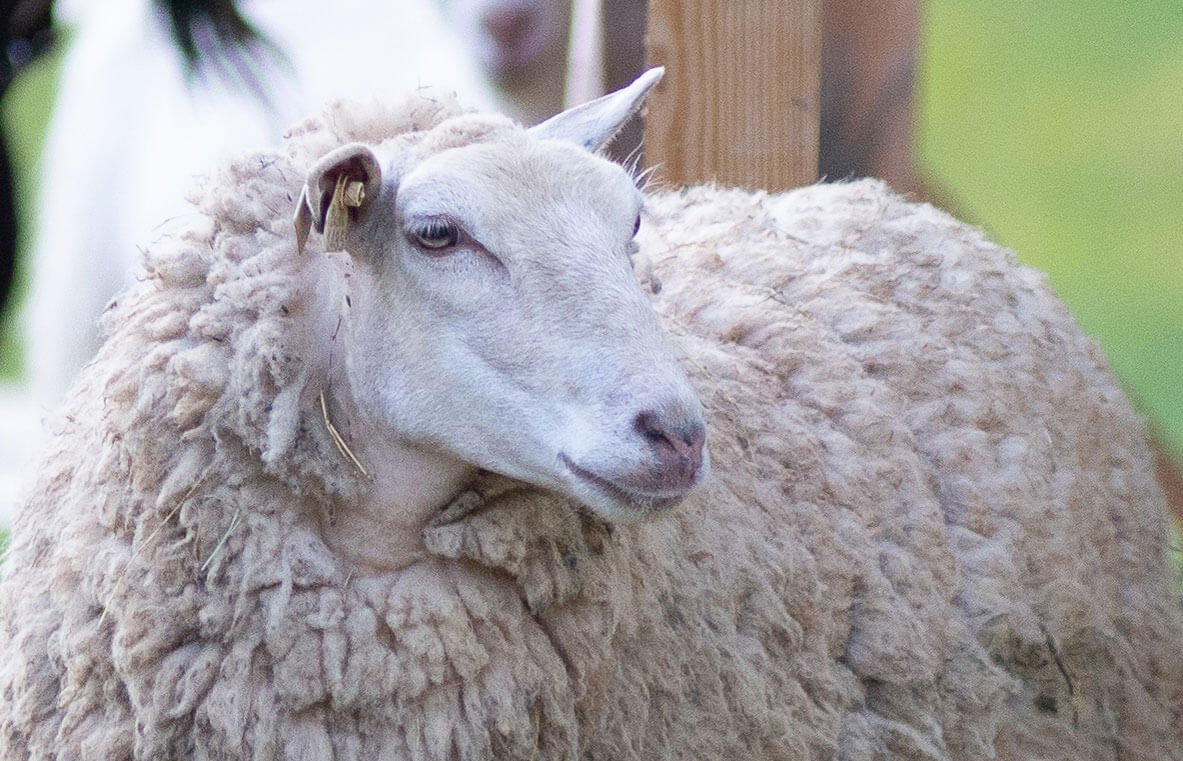Journaling the journey

Community Care: Preserving the Legacy
This past weekend, we packed up and headed to Keysville, GA, to join the SAAFON Farmer Brigade in clean-up efforts at Boggs Rural Life Center, which was hit hard by Hurricane Helene. It was a powerful experience to come together with farmers and community members from across the country, all there to lend support and help rebuild a space that holds so much history and significance.
Boggs Rural Life Center was founded in 1906 as a college prep school for African Americans, the rural historical site is made up of approximately 1250 acres of farm and forestry land.
The preserved buildings and grounds are the former “Boggs Academy,” a once prominent boarding school for Black students in rural Georgia, which focused on academic preparation while also incorporating practical skills like farming and domestic work, reflecting the needs of the surrounding African American community at the time. The site now operates as a historical landmark, preserving the legacy of Black education in the rural South and often hosting community events and educational programs highlighting the stories of its former students and faculty.
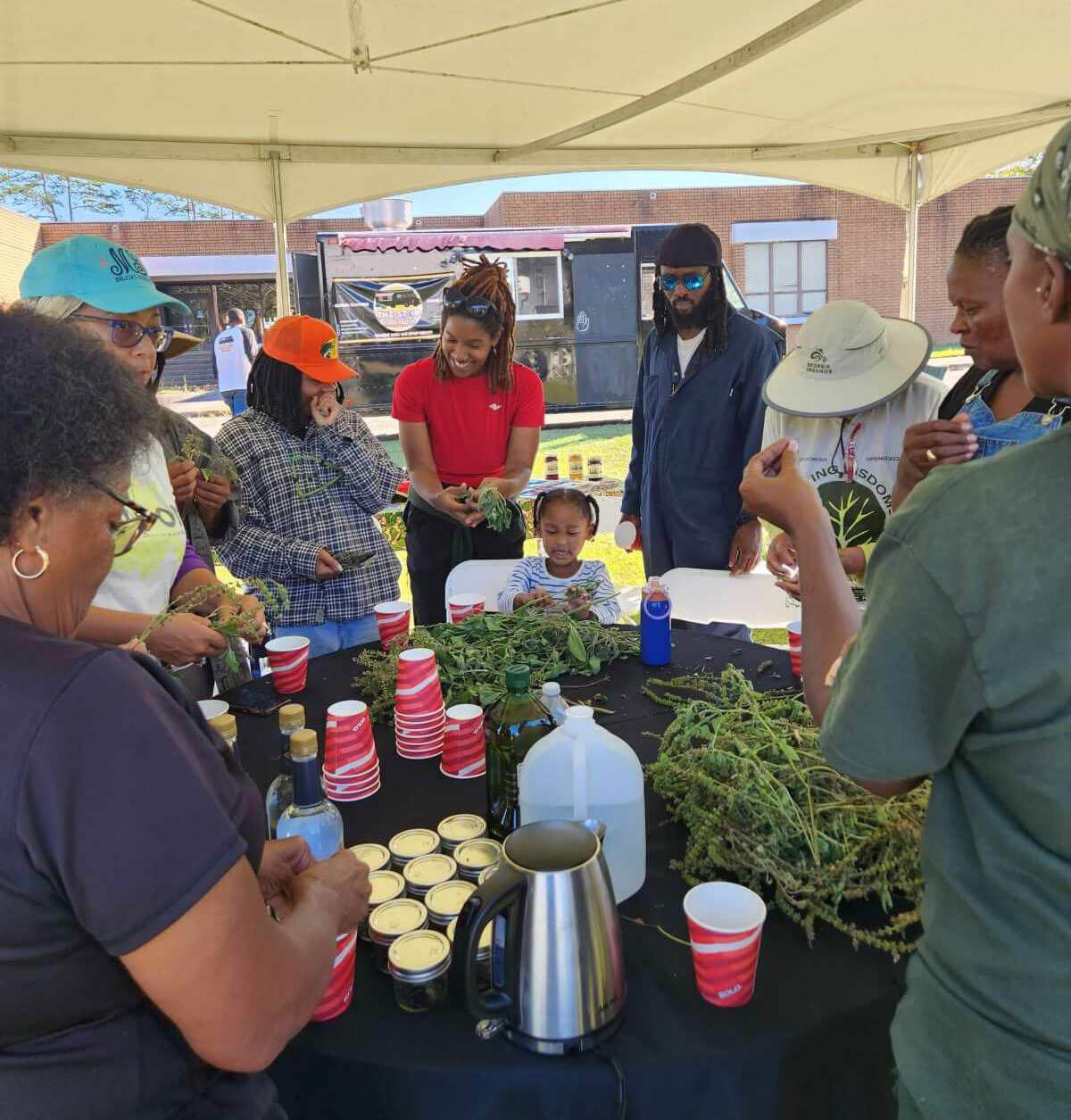
The day was a mix of hard work, deep conversations, and healing. I had the honor of teaming up with Christine Miller from Beloved Birth Village to host an herbal medicine-making workshop for everyone gathered after the cleanup. It was a beautiful way to pause, reflect, and offer something restorative after a long morning of physical labor. And lunch? Let’s just say The Stop Food Truck delivered with an amazing spread that gave us the fuel we needed to keep going.
Warren was on the scene throughout the weekend, capturing photos, videos, and interviews with folks who have long been connected to Boggs and those who showed up, some from across the country, to provide their wisdom and support. The energy was inspiring, and it was a reminder of the power of community in times of need.
Unexpected Reflections

One of the most unexpected parts of the weekend came when I wandered into a massive field of cotton, fully ripe and ready for harvest.
The cotton field, grown by a local Black farmer on Boggs land, called to me. I couldn’t resist grabbing a big bag and filling it to the top.
As I began to harvest, I found myself getting quiet, reflecting on the work we’d gathered to do, the way that so many of us had dropped everything to answer the call for support, the loss and struggle, as well as the joy, love, and the deep history bound up in this place. There was a blend of grief and awe that washed over me—the beauty of the community, the beauty of the cotton, contrasted with the knowledge of enslaved ancestors who were forced to toil in fields like this, under the threat of the whip. With each pluck of an open boll, memories of the stories of “Hands” from The Half Has Never Been Told by Edward E. Baptist came flooding back. I moved slowly through the field, observing how some of the elongated tufts seemed to signal that they were fully ripe and ready for the picking. Pulling the cotton from the bolls required only a slight twist to remove the fibers cleanly, but I moved slowly and deliberately, selectively choosing which bolls I would harvest while avoiding the prick of the open bud. I couldn’t fathom the labor and precision required to accomplish this with speed and precision. Enslaved people were forced to master a two-hand picking technique, which required them to work with both hands simultaneously but independently, a brutal method designed to enhance the speed of picking. This feat required a level of disembodied practice. Failure to master this technique often led to punishment and a “diminished value”. The ability to perform it commonly resulted in extreme exhaustion and injury.
It was a deeply powerful and reflective moment.
There was a reclaiming of something that had been exploited and lost—for both the work that lies ahead, the cotton itself and my heritage—that felt fulfilling. The possibility of gleaning the fields after the full harvest fills me with anticipation. On our drive home, miles and miles of cotton lined the road through Burke County, as far as the eye could see. Knowing that this cotton field was Black-owned felt like a quiet Jubilee, a reclaiming of something long denied.
If you’d like to support the ongoing recovery efforts at Boggs Rural Life Center, we encourage you to consider making a donation. Every little bit helps to rebuild and keep this historic space thriving.
Click here to donate and stay tuned for more updates from the field!
#SAAFONRelief #CommunitySupport #BoggsRuralLifeCenter #HurricaneHeleneRecovery #DiaryofaFarmVirgin
Join me on my peri-urban farming journey as I rediscover forgotten connections to the land and each other, all while exploring and chronicling the intersections of Black Agrarian Arts and lifeways.
